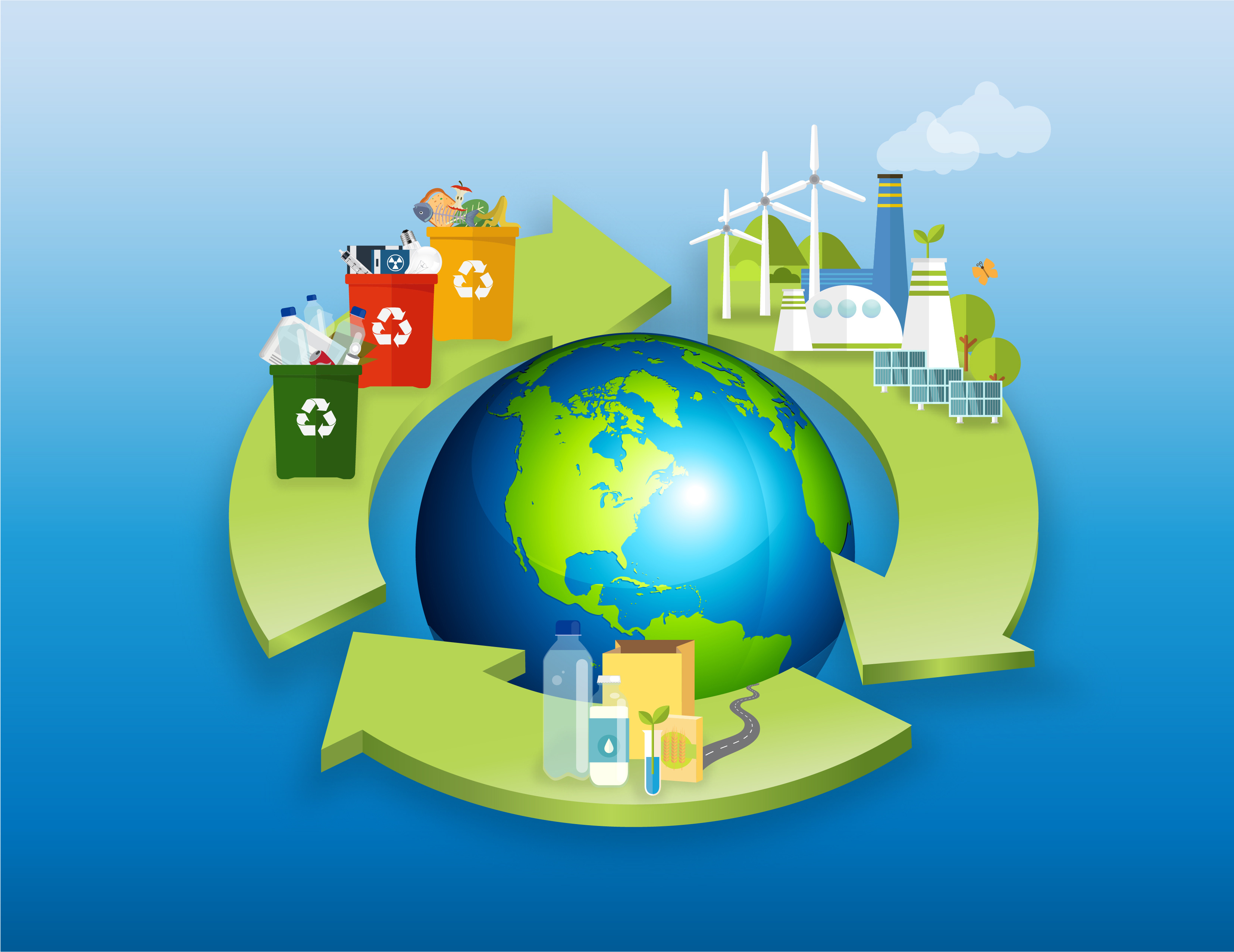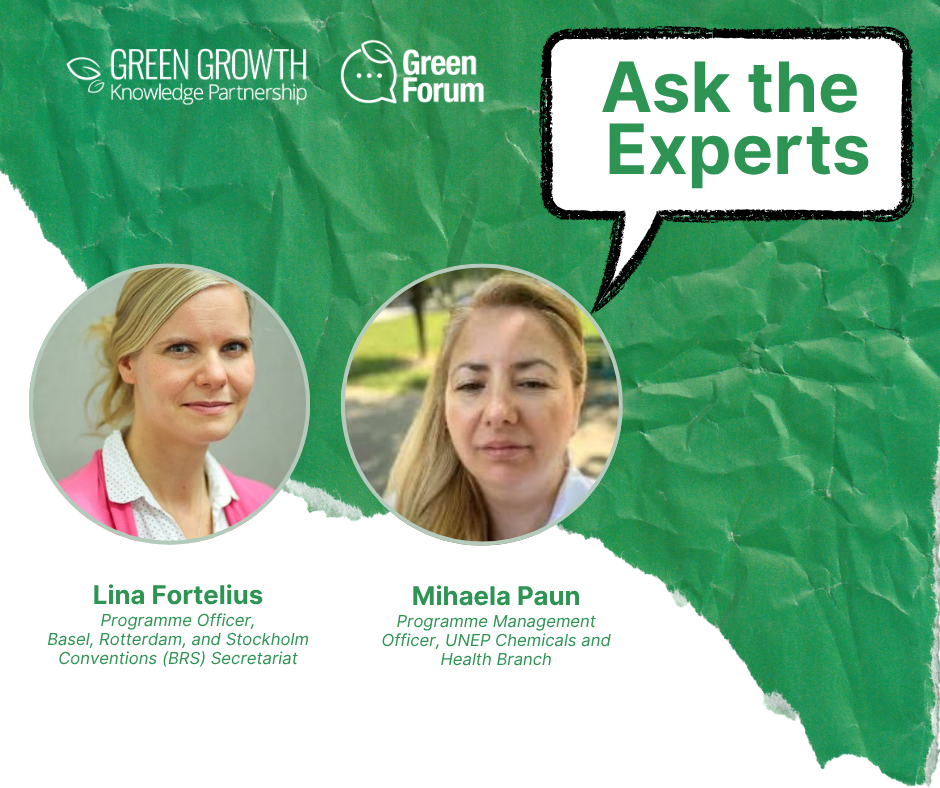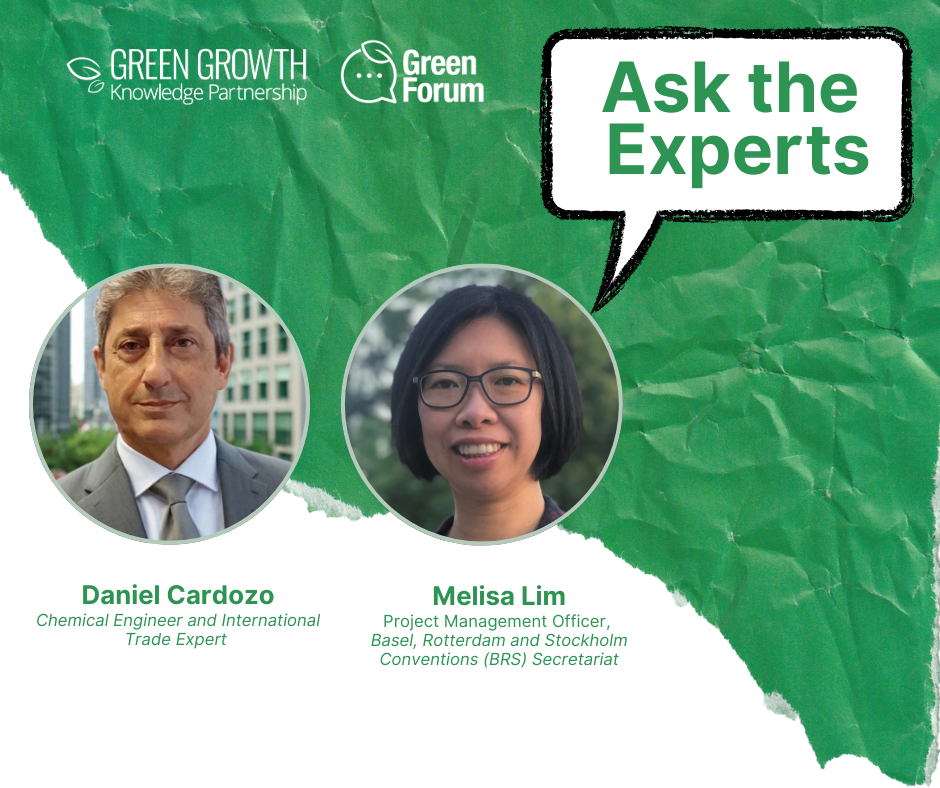In a conversation with The Green Forum, Yorkie Sutaryo, Circular Economy Program Officer at GGGI Indonesia, shares his vision on the vital role of business support organizations in project implementation.
As the world moves towards greener economic models, the spotlight often lands on large-scale energy transitions or sweeping regulatory shifts. But real transformation happens at the micro level – through businesses and communities embedding sustainable practices into the fabric of everyday operations.
In Indonesia, it is micro, small and medium enterprises (MSMEs) that are quietly becoming the engines of this shift. Yet, implementing circular economy approaches in Indonesia is anything but straightforward.
One of the most persistent challenges has been navigating the fragmented understanding of what the circular economy actually is. For many stakeholders, the term is still synonymous with waste management. While managing waste is important, true circularity goes much further – it includes rethinking how we design products, how we consume, how we reuse and how we regenerate resources.
This knowledge gap can significantly delay implementation, especially in a governance context as complex as Indonesia’s, where nearly 50 government ministries operate, each with its own structures, sub-departments and mandates.
In this landscape, the role of Global Green Growth Institute (GGGI) Indonesia has become one of a bridge-builder. GGGI bring together ministries, agencies, experts and business owners through facilitated stakeholder engagement. Policy roundtables, technical workshops and continuous consultations are our tools for building consensus, often using international examples and local evidence to find common ground. Once a baseline understanding is reached and ministries align, implementation becomes far more feasible.
Take, for example, our ongoing Green Transition Investment Program (GTIP) in the textile recycling sector. This initiative highlights to link policy support with tangible business assistance. On one hand, GGGI is working directly with a local textile recycling enterprise to conduct pre-feasibility studies, develop financial models and identify investors. On the other, we are engaging ministries, academia and civil society to co-create policy recommendations that can build a more enabling environment for textile recycling at scale.
This dual approach – pairing on-the-ground support with upstream policy work – is at the heart of how we see circular economy initiatives creating lasting impact. It ensures that businesses are not operating in isolation, but within a supportive ecosystem that can sustain their growth.
And the impact extends beyond the enterprise itself. One of the most rewarding aspects of GGGI’s work has been seeing traditionally siloed departments within government come together. In the GTIP project, we facilitated collaboration between policy, certification and vocational training departments within the Ministry of Industry. This convergence has had ripple effects: vocational training institutions are now adjusting their curricula to reflect the needs of the textile recycling sector, training the next generation for green jobs that did not exist a few years ago.
Supporting MSMEs in this process is a core focus. Through government-nominated partners, GGGI provides comprehensive assistance, encompassing business model analysis, financial planning and the creation of compelling investor pitch materials. These businesses often face three major hurdles: limited financing, market access and technical know-how. We aim to address all three with tailored, enterprise-level interventions.
But technical capacity building isn’t only for businesses. As part of our just transition strategy, GGGI is helping to develop technical and vocational education and training (TVET) modules focused on recycled textile production. These modules will be shared with vocational schools across Indonesia, ensuring that circular economy literacy is built into the educational pipeline and that no community is left behind in this economic transformation.
Ultimately, the circular economy is more than a framework – it is a mindset. It invites us to rethink the way we use resources, the way we design systems and the way we define value. For Indonesia, embracing this model is not only a strategy for environmental sustainability, but also a pathway to inclusive resilient and locally driven economic growth.
Learn more
Watch the recording of the Collaborating for Circularity workshop to see how circular economy strategies thrive through partnerships between international organizations, business support groups and local enterprises.



